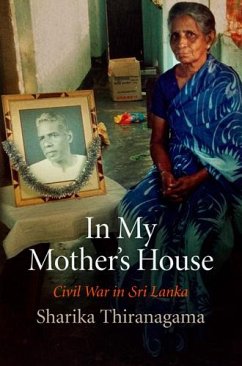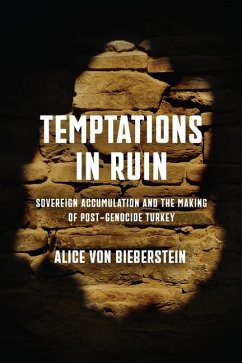
Making Peace with Your Enemy
Algerian, French, and South African Ex-Combatants
Übersetzer: Rundell, Ethan
Versandkostenfrei!
Versandfertig in 2-4 Wochen
127,99 €
inkl. MwSt.

PAYBACK Punkte
64 °P sammeln!
In its comparative analysis of postcolonial South Africa and Algeria and its examination of narratives of ex-combatants, Making Peace with Your Enemy demonstrates how former adversaries face a similar challenge: how to extricate oneself from colonial domination and the violence of war in order to build relationships based on trust.












